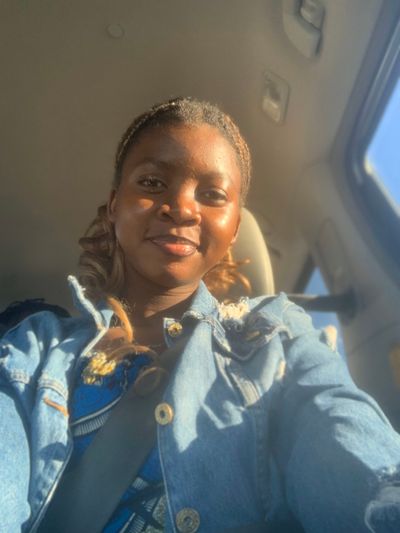In many Black communities across the world–especially in America–emotional vulnerability is often treated not as a form of strength but as a weakness. Generations of trauma, systemic oppression, and cultural expectations have built a wall around the hearts and minds of Black people, forcing many to carry silent burdens. In a society that already stereotypes Black people as either overly emotional or dangerously aggressive, showing emotions like sadness, anxiety, or fear becomes a risk–a risk of being misunderstood, disrespected, or dismissed.
Historical Roots of Emotional Suppression
The roots of emotional suppression in Black communities run deep. During slavery, African people were forced to hide their pain to survive. Crying for their children being sold, showing anger at being beaten, or even expressing grief was met with further violence. Emotions became liabilities.
This survival tactic carried into the Jim Crow era, and even now, the legacy of racism demands emotional silence. A Black man showing fear might be seen as weak or unstable. A Black woman crying might be told she’s too emotional or dramatic. The message is loud: strength means silence.
‘Toughness’ Over Healing
The phrase “man up” or “Black women are strong” has become a double-edged sword. While intended to uplift, these sayings often place unrealistic expectations on Black individuals to endure pain without complaint. The result is generations of people who don’t cry at funerals, don’t talk about depression, and don’t admit when they’re falling apart.
Mental health struggles are often dismissed as “a white people problem” or signs of spiritual failure. Seeking therapy is sometimes mocked or viewed with suspicion. Instead of professional help, some are told to “just pray about it” or “stop acting soft.”
Faith and community are vital, yes – but so is therapy.
The Stigma Around Psychotherapy
Psychotherapy is not weakness. It’s healing. But many Black people are not given the space or language to even begin that healing process. Black men are told not to cry. Black women are told they have to “keep it together” for their families. The emotional armor they wear becomes their prison.
Even in 2025, despite more awareness, the stigma around mental health in Black communities remains strong. Racism in the healthcare system, lack of Black therapists, and mistrust rooted in real historical abuses (like the Tuskegee Study) only worsen the gap.
The Cost of Silence
Suppressing emotions doesn’t make them disappear. It makes them louder in hidden ways–through anxiety, rage, addiction, broken relationships, or self-harm. Black children grow up seeing adults who never talk about emotions, and so they learn to bottle theirs, too.
This silence is not strength. It’s inherited pain disguised as power.
We must create spaces where Black people can feel without fear. Where crying is not weakness. Where therapy is not taboo. Where strength is redefined – not as silence, but as the courage to heal.
‘Other’
By Daniela Musesambili
I was born with fire in my chest
But taught to swallow it.
To bury screams in polite smiles,
To hide sorrow in “I’m blessed.”
They said, don’t be too angry,
Don’t cry, it makes you soft,
So I built walls with my silence,
Stacked them up, stone by thought.
They called me strong,
But never asked how heavy the strength was.
They called me resilient,
But never saw me shatter in quiet rooms.
They said, Black people don’t do therapy,
That’s white people stuff,
But my soul was tired of carrying
Centuries of “tough enough.”
I am not Other.
I feel. I fall. I rise. I heal.
And maybe my tears
Are the rebellion they fear most.
Let this be a reminder:
Black emotion is human.
Black healing is revolutionary.
And your softness is not shame – it’s sacred.
